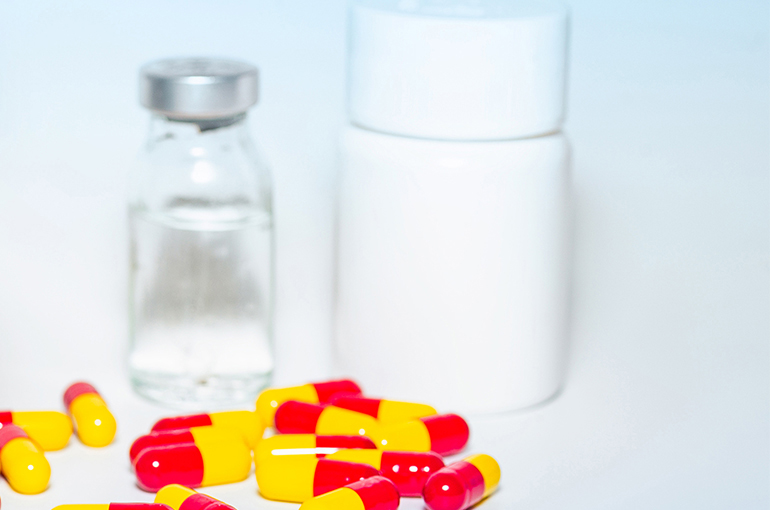 China Issues Draft Rules to Curb Unfair Competition in Pharma Sector
China Issues Draft Rules to Curb Unfair Competition in Pharma Sector(Yicai) Oct. 14 -- China has released draft regulations aimed at curbing unfair competition in the pharmaceutical industry and creating a fair and transparent market environment.
The draft rules, issued by the State Administration for Market Regulation on Oct. 11, outline 30 practices in nine different scenarios that are identified as commercial bribery and are prohibited, with the aim of helping the industry mitigate risks and curb corruption. The draft is open for public consultation until Oct. 20.
The nine scenarios are academic visits and exchanges, hospitality, consulting services, outsourcing services, the free provision of medical equipment, clinical research, product retail, discounts, allowances, and commissions, and donations, research sponsorship, and grants.
Most of the prohibited practices relate to donations, research sponsorships, and grants, as well as other financial-related support.
For example, the draft prohibits medical device suppliers from signing secret and exclusive deals with hospitals for consumables, complementary devices, drugs, and services through the free provision of medical equipment. It also bans hospitals from buying these products at prices much higher than the market rate to secure illegal trading opportunities and competitive advantages.
It has been a common practice for pharmaceutical and medical device companies to use donations in order to introduce their products into hospitals and then recover the costs and make profits later through the exclusive sale of consumables, Zhou Wei, deputy director of the Legal Studies Center for Healthcare at Wuhan University, told Yicai. That has led to many cases of bribery disguised as legal donations, he added.
The new regulations could help to clarify the grey areas surrounding donations, preventing companies from bundling the sale of equipment and consumables, Zhou noted.
The draft regulations also prohibit pharmaceutical firms from setting up fake research and development projects or using clinical research as a cover to transfer improper benefits to clinical trial and research institutions in exchange for competitive advantages or business opportunities in the introduction, promotion, or sale of pharma products in hospitals.
Donating medical equipment and sponsoring R&D projects and academic meetings are all necessary practices for medical firms to advance their technologies, Zhou said. Only the practices aimed at obtaining unlawful competitive advantages will be deemed illegal, so pharmaceutical companies need to be aware of the compliance risks associated with donations, he said.
Editor: Tang Shihua, Futura Costaglione